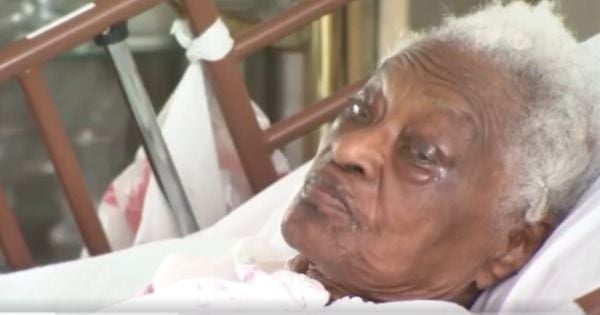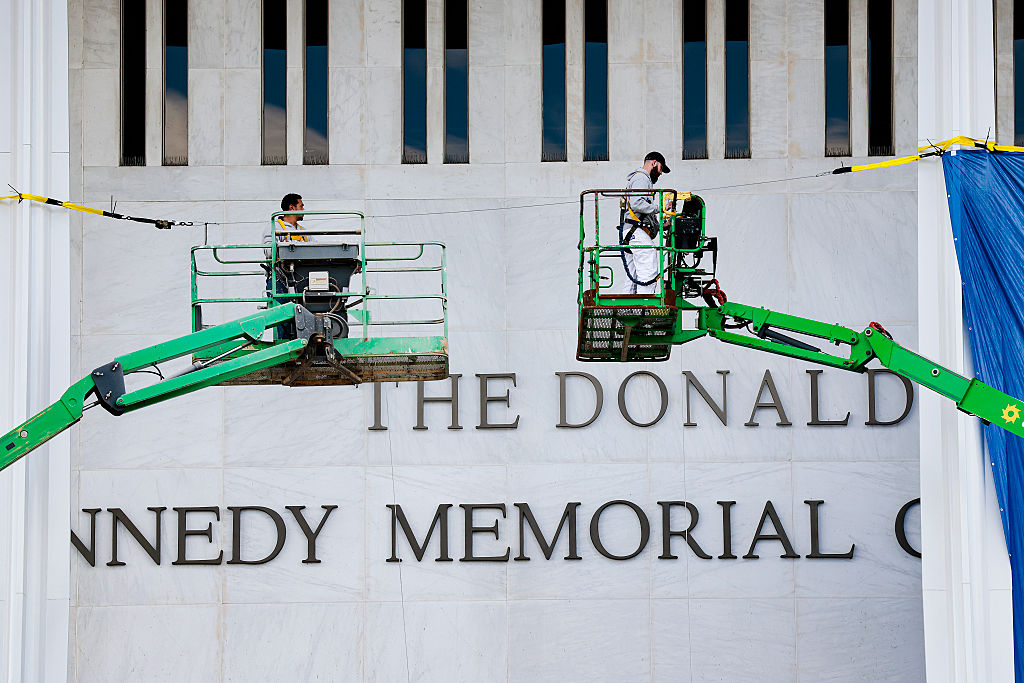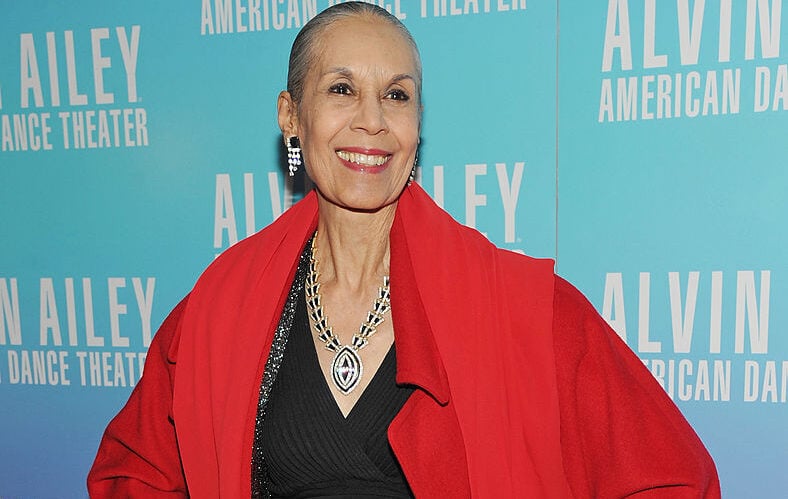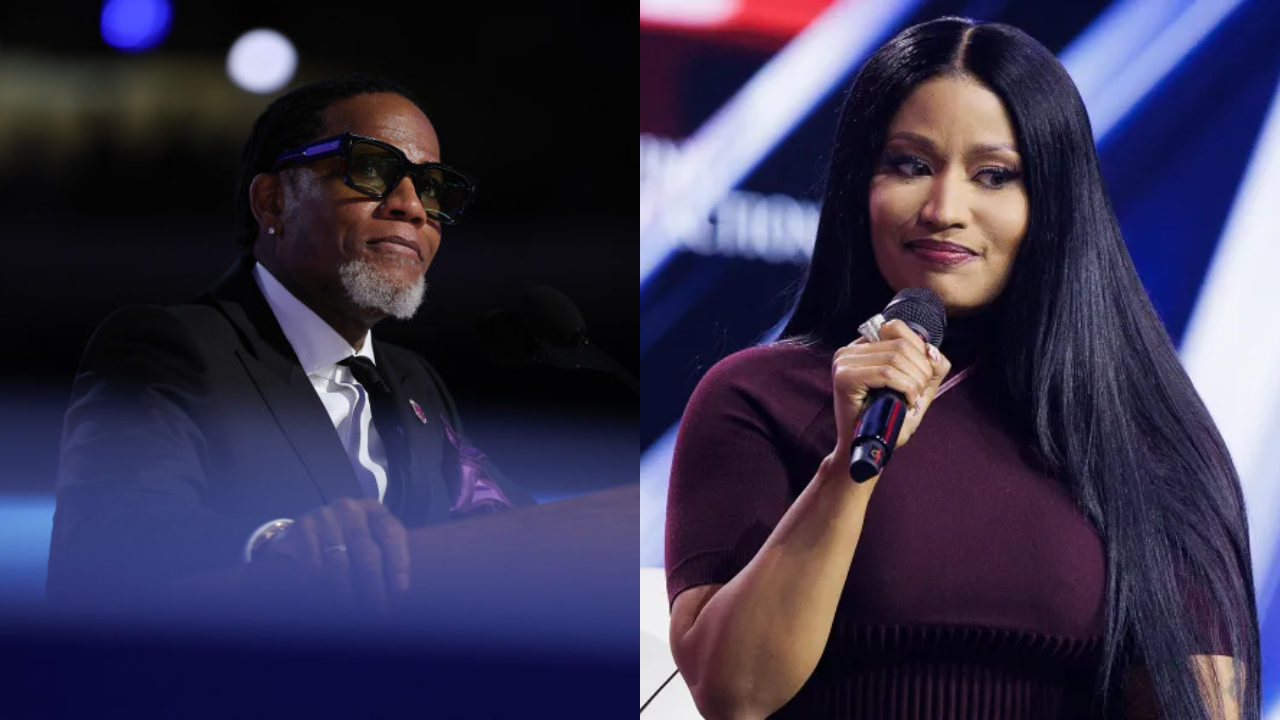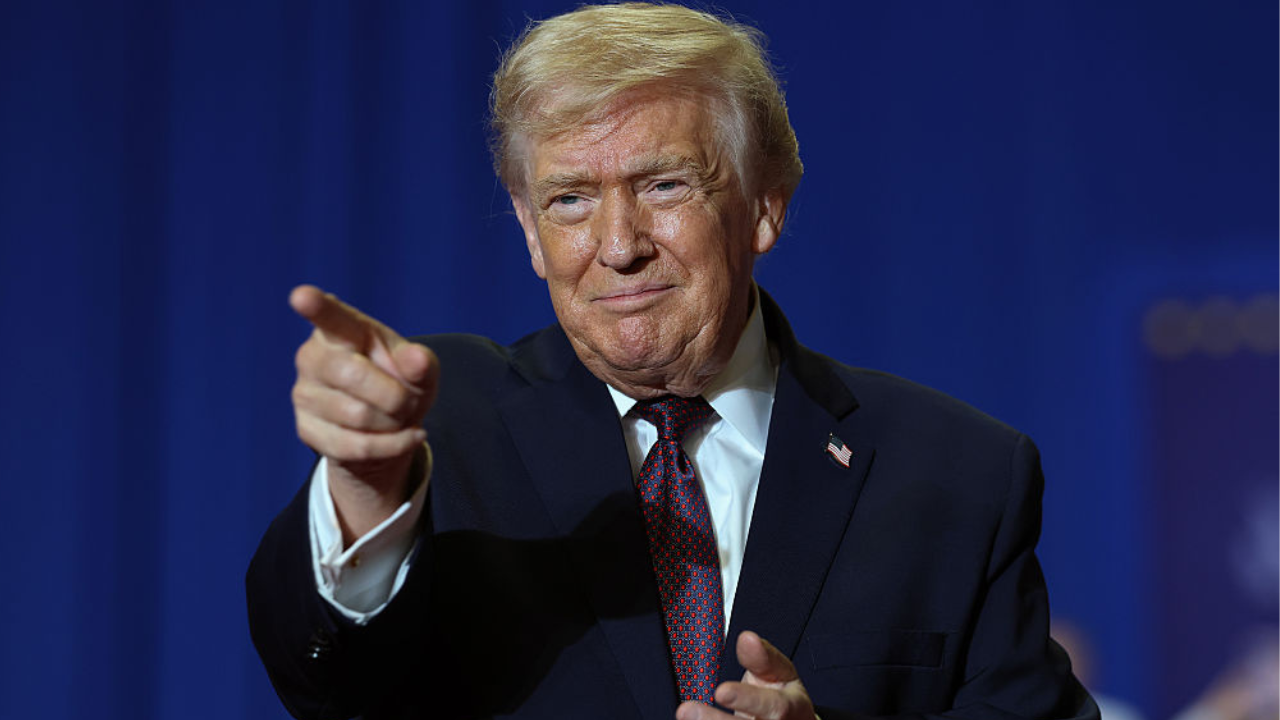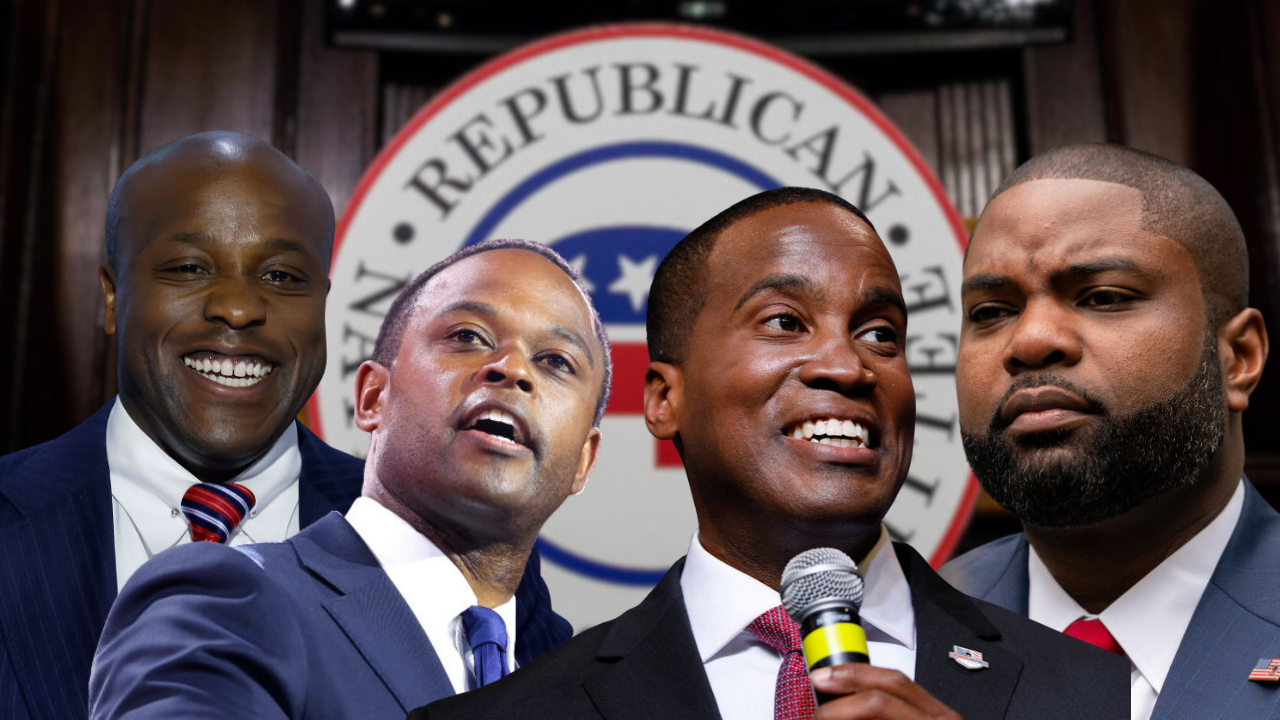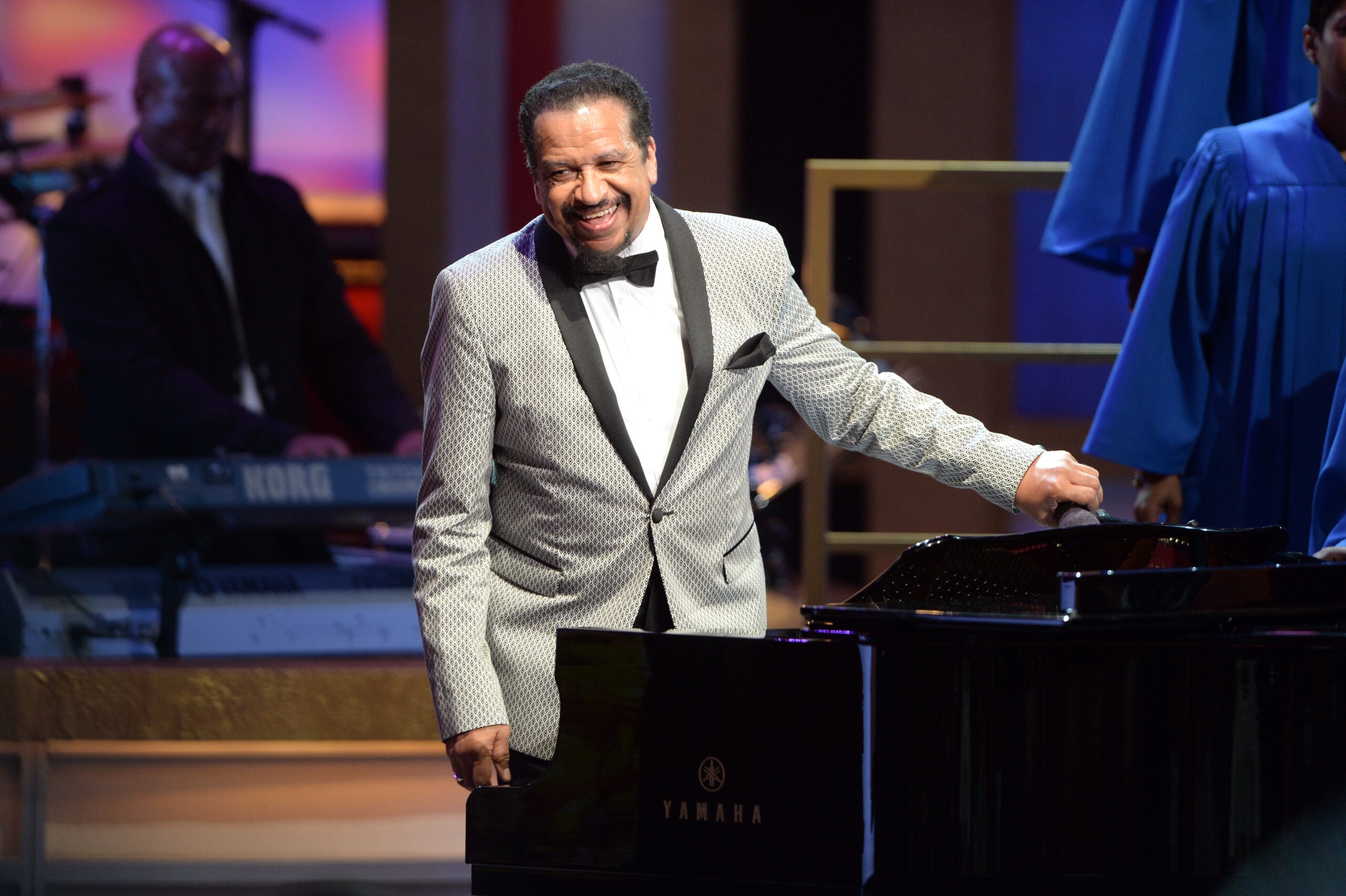Minneapolis Homeless Encampment Shootings Leave 13 Wounded
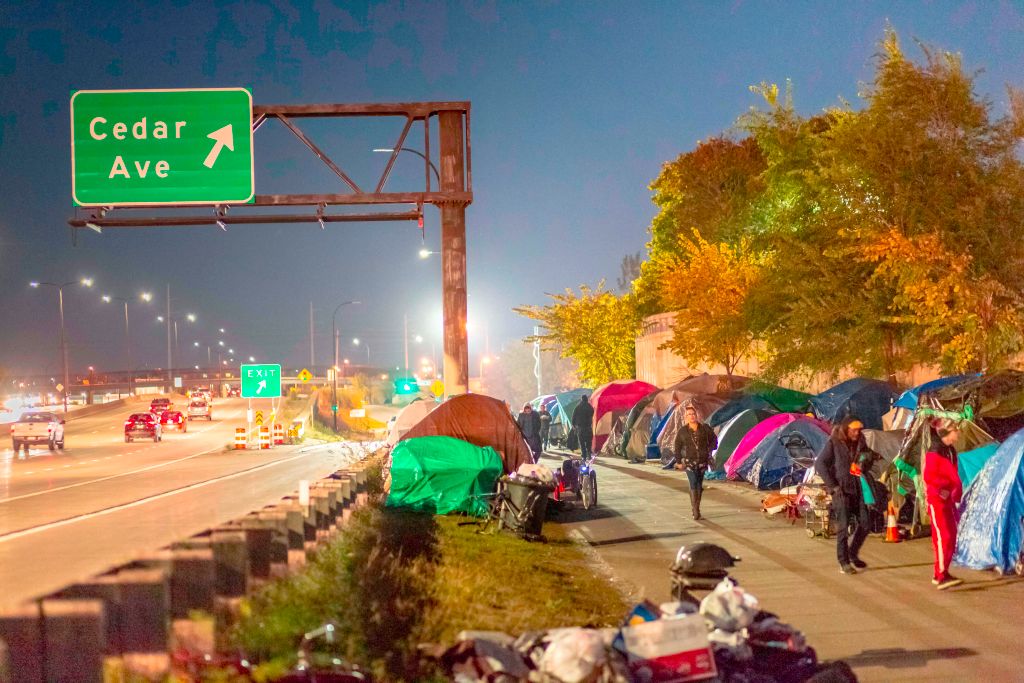

Minneapolis has been rocked by two separate mass shootings at homeless encampments that left 13 people wounded, five of whom are in critical condition, and renewed urgent questions about how dehumanizing political rhetoric and policy shifts create a permissive climate for violence.
City officials said the shootings occurred on Monday within 12 hours of one another, and investigators are probing whether the incidents are connected. Mayor Jacob Frey said he “wouldn’t be surprised” if they were, before adding that the heinous incident was “unacceptable” on Tuesday during a press conference.
“This is tragic. It’s horrible.” Mayor Jacob Frey said. “It’s unacceptable, and, sadly, it’s not surprising.”
The first attack occurred just after 11 a.m., leaving five people wounded. Less than 12 hours later, around 10 p.m., a second barrage of gunfire erupted at an encampment on private property.
Minneapolis Police Chief Brian O’Hara said officers recovered roughly 30 shell casings and found two people shot in their tents with head wounds, with three others going to hospitals on their own.
“Here we are yet again in the aftermath of a mass shooting. This is not normal,” O’Hara said.
Chief O’Hara said multiple shell casings were recovered from the scene, leading investigators to believe that someone inside the encampment exchanged gunfire with the shooter who targeted the site. When asked if he thought the shootings were connected, the police chief said the possibility is something police aren’t ruling out.
“While the investigation is still very, very preliminary, that is certainly something that we can’t rule out, and, of course, it’s something that we are considering,” O’Hara said.
These two violent incidents mark the fourth and fifth mass shootings in Minneapolis in the last three weeks, a recent streak that also includes the Aug. 27 attack at Annunciation Catholic School that killed two children and injured 21. City leaders and residents are asking how a city already contending with housing scarcity, addiction, and trauma reached a point where multiple mass shootings are now targeting the city’s most vulnerable people.
Part of the answer lies in language and policy. At the national level, there’s the Trump administration’s recent shift toward treating homelessness as a matter of public order, including an executive order demanding the “prompt removal and cleanup of all homeless or vagrant encampments” in D.C.
A separate executive order in July was national in scope, claiming that “endemic vagrancy” and “disorderly behavior have made our cities unsafe” and promised to “fight vagrancy on America’s Streets,” signaling a troubling reframing that criminalizes visible poverty and implicitly sanctions coercive responses. That institutional turn and irresponsible rhetoric reshapes how the public views people experiencing homelessness, shifting them from being viewed as neighbors in need to threats that need to be contained.
Rhetoric from influential commentators has deepened that danger. In the days following the release of a video of a high-profile stabbing in another state, Fox News host Brian Kilmeade publicly floated “involuntary lethal injection” for homeless individuals, before callously adding, “Just kill ’em.”
The remark, widely condemned as dehumanizing, was later walked back, but the damage of normalizing violence in public discourse had already been done.
This is why language matters. When governmental policy pivots towards punishment and media figures suggest brutal solutions for the unhoused, the line between words and actions thinly narrows. For people already living in tents and wherever else they can find shelter, the result is a multitude of risks, including less access to services and shelter, more displacement, and fewer protections in an environment in which violence can flourish unchecked.
As a Minneapolis property owner and homeless activist, Hamoudi Sabri, who allowed people experiencing homelessness to camp on his property, stated after the shooting that residents feel abandoned by civic leadership, creating a vacuum that breeds desperation and danger.
“If this city truly treated these shootings like the emergencies they are, people would already see grief and trauma counselors on the ground,” Sabri told local media after the shooting. “Instead, the mayor’s answer is the same tired move we’ve seen for years: displacement. Bulldoze people’s tents, fence off their space, and call it leadership.”
Minneapolis officials’ immediate response to the violence was clearing the large private encampment, citing urgent safety and health concerns and potential legal remedies to keep the site off-limits while it is an active crime scene. Advocates and former residents expressed mixed feelings, with some welcoming the removal of the encampment. Others decried the loss of belongings and the failure to provide humane notice and alternatives.
If officials are serious about stopping this cycle of violence, they must acknowledge the link between words, policy, and harm. That means rejecting rhetoric that dehumanizes entire groups, addressing housing affordability, centering housing-first solutions for the unhoused, and ensuring rapid, trauma-informed interventions for encampments that prioritize safety without criminalizing those fighting to survive.
Minneapolis’s latest moment of bloodshed should be a wake-up call to both public officials and commentators that we all have a responsibility to stop amplifying narratives that make violence against the vulnerable seem acceptable.
SEE ALSO:
Fox News Host Apologizes For Suggesting We ‘Just Kill’ Homeless People
What's Your Reaction?
 Like
0
Like
0
 Dislike
0
Dislike
0
 Love
0
Love
0
 Funny
0
Funny
0
 Angry
0
Angry
0
 Sad
0
Sad
0
 Wow
0
Wow
0






